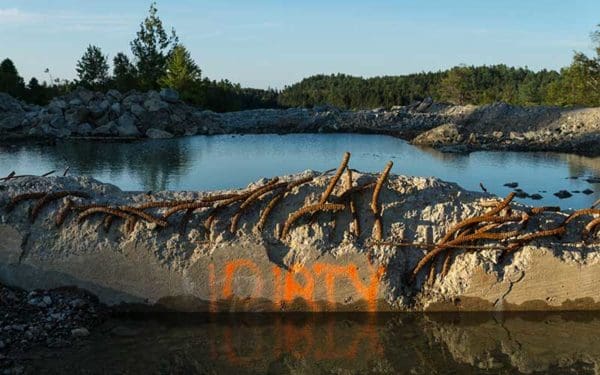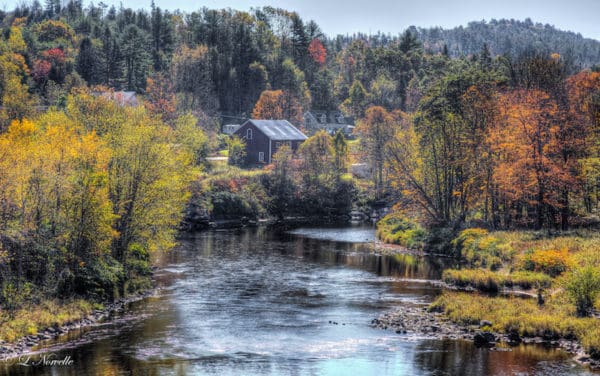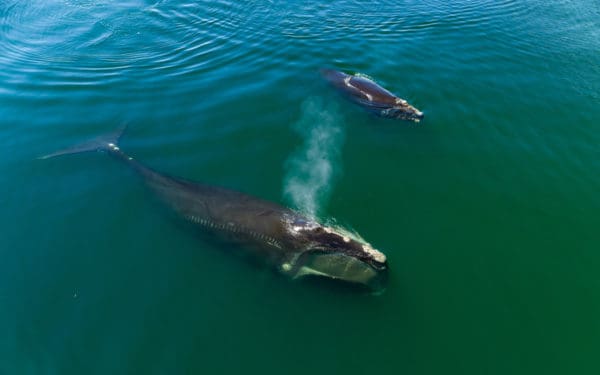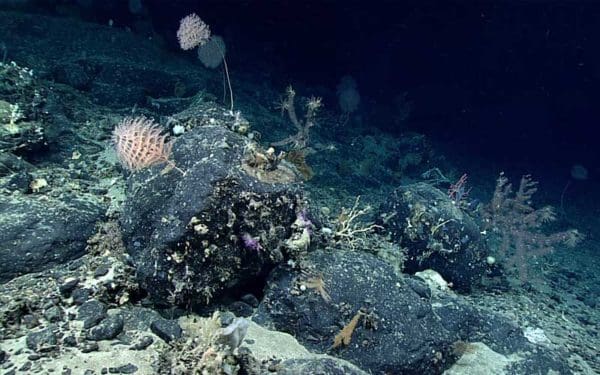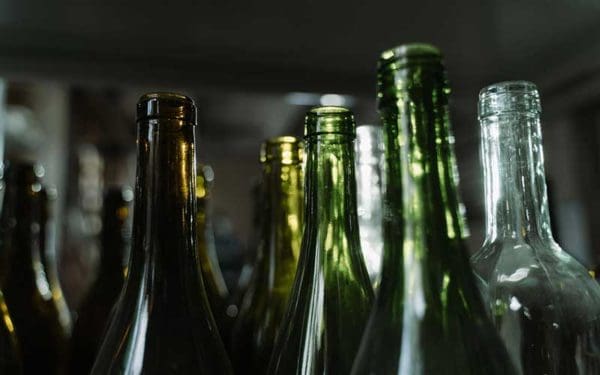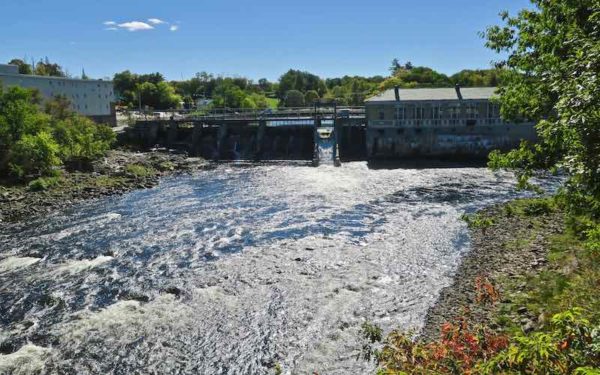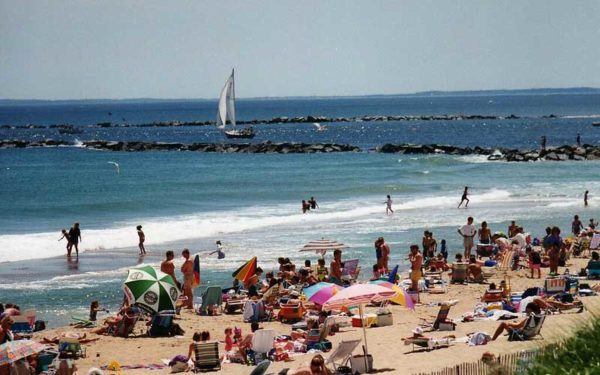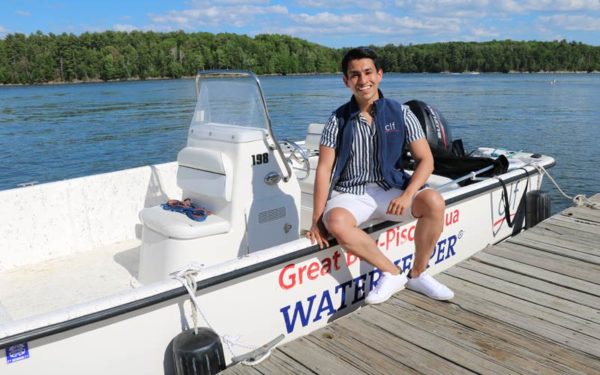Oct 27, 2021
Thousands of hazardous waste sites and chemical facilities across New England are unprepared for the impacts of climate change. The failure of regulators to require such preparation leaves the health of our communities and our environment in jeopardy.
Oct 21, 2021
The preliminary injunction filed in federal court is part of a larger lawsuit the Atlantic Salmon Federation, Conservation Law Foundation, Maine Rivers and Natural Resources Council of Maine are pursuing against Brookfield Renewable for allegedly violating the federal Endangered Species Act.
Oct 12, 2021
Our communities and neighborhoods deserve to be safe – and we must urgently transition off dirty gas to protect them.
Oct 04, 2021
“There is a limited window of time to save critically endangered right whales,” said CLF Senior Attorney Erica Fuller. “Closing certain areas to fishing when high numbers of right whales are present is the most effective way to reduce risk. While NOAA’s final rule has not gone nearly far enough to recover the species, this new closure will reduce the chance that whales become entangled in lobster gear in the Gulf of Maine. The Union’s lawsuit seeks to prevent the government from implementing one of the few proven measures and we cannot stand by and let that happen.”
Sep 15, 2021
CLF celebrates the fifth anniversary of the designation of the Northeast Canyons and Seamounts Marine National Monument. Now, we’re calling for more of our ocean and land to be permanently protected.
Sep 13, 2021
Wrestling humanity away from single-use plastics will not be easy. But we can start by reducing our reliance on single-use plastic beverage containers.
Sep 09, 2021
“Maine can achieve a healthy Kennebec River that supports expanding fish populations and meets the needs of riverfront communities, including the continued operation of the SAPPI paper mill in Skowhegan. This future is only possible if Brookfield stops violating the law and starts to play a constructive role in solving the problems its four dams cause. Instead, the company is spreading fear and misinformation and violating one of America’s landmark environmental laws.”
Sep 09, 2021
“Maine can achieve a healthy Kennebec River that supports expanding fish populations and meets the needs of riverfront communities,” the environmental groups said in a joint statement. But such a future would be possible only if Brookfield agreed to work constructively with the state on how to fix fish passage issues, they said.
Sep 09, 2021
Climate change struck home for me when the waters at Salisbury Beach recently hit an unheard-of 75 degrees.
Sep 08, 2021
Through a eelgrass restoration pilot project, CLF and our partners hope to learn how to help bring life back to the Great Bay Estuary.
